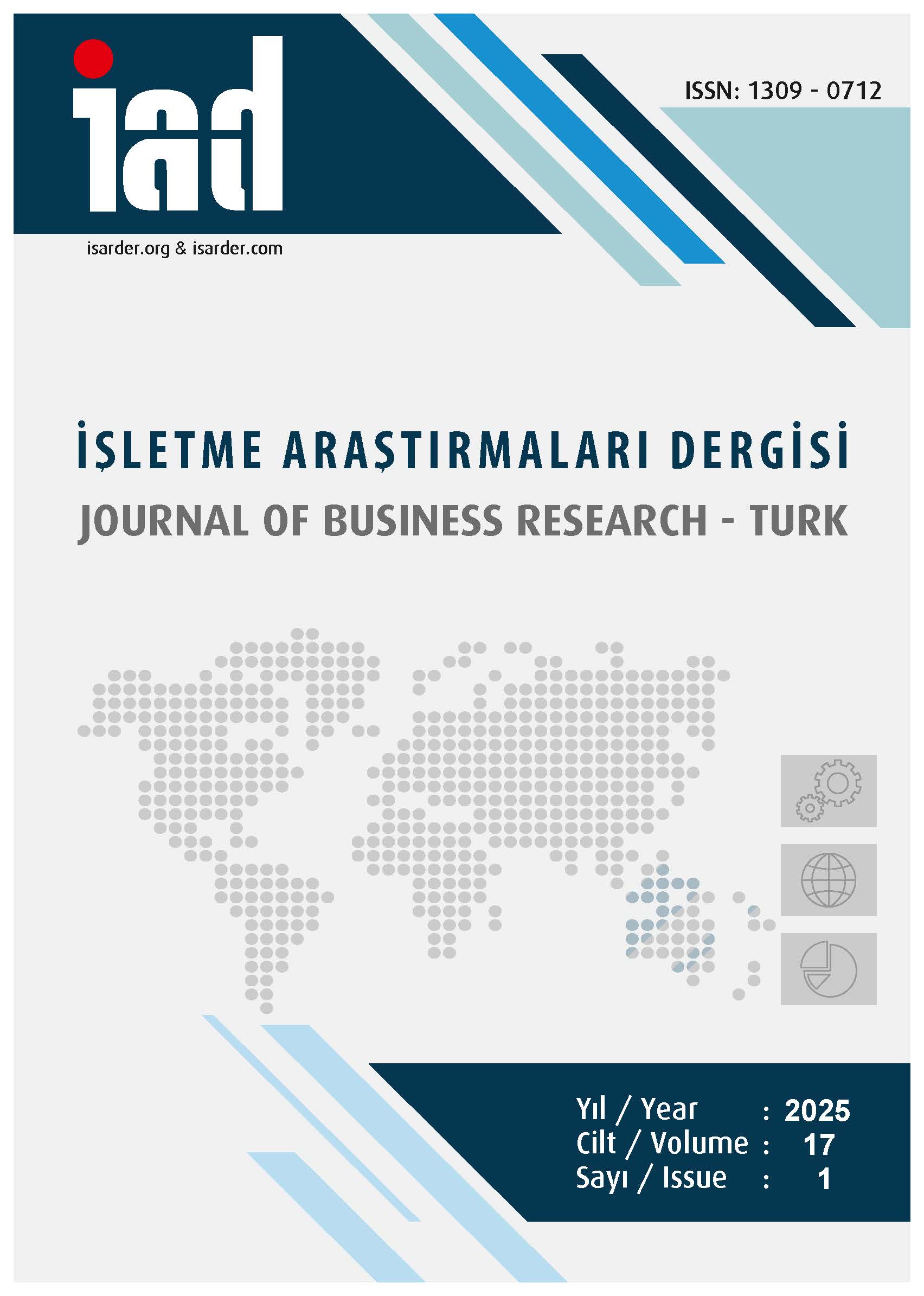A Study on Food Waste in Hotel Businesses: The Istanbul Example
DOI:
https://doi.org/10.20491/isarder.2025.1994Keywords:
Food waste, HotelsAbstract
Purpose – The main aim of the study is to examine the causes of food waste in hotels, identifying the production stages where waste arises and the underlying reasons, and determining the measures that can be implemented to prevent waste. Design/methodology/approach – A structured interview form was used to collect data, and interviews were conducted with 12 managers who agreed to participate in the study. The findings were analyzed with the Nvivo qualitative data analysis program, and theme groups and word clouds were created regarding the causes of food waste and the measures that could be taken. Findings – According to the findings, food waste is the most intense during the pre-preparation phase in the kitchen. It has been determined that it occurs in buffet service according to the type of service and at breakfast according to the time. In the findings regarding the measures to prevent food waste, it is highlighted that products should be supplied as much as needed, according to occupancy and considering daily demands during the purchasing phase. The “first in, first out” (FIFO) method was suggested as the most important measure during the storage phase of the products, and during the pre-preparation phase, it was stated that the meals should be prepared in accordance with standard recipes and the importance of the staff’s knowledge and awareness on this subject. During the service, the staff’s knowledge and communication skills, minimization of portions, reduction of menus, correct ordering and effective information are also highlighted. Discussion – In order to minimise food waste, it is essential that the training and education of staff, as well as information leaflets, eye-catching graphics and warnings are all highly effective in bringing food waste to the attention of customers. The study's results are then discussed with previous research findings in the literature, and potential avenues for additional investigation are proposed.
Downloads
Published
How to Cite
Issue
Section
License

This work is licensed under a Creative Commons Attribution-NoDerivatives 4.0 International License.





